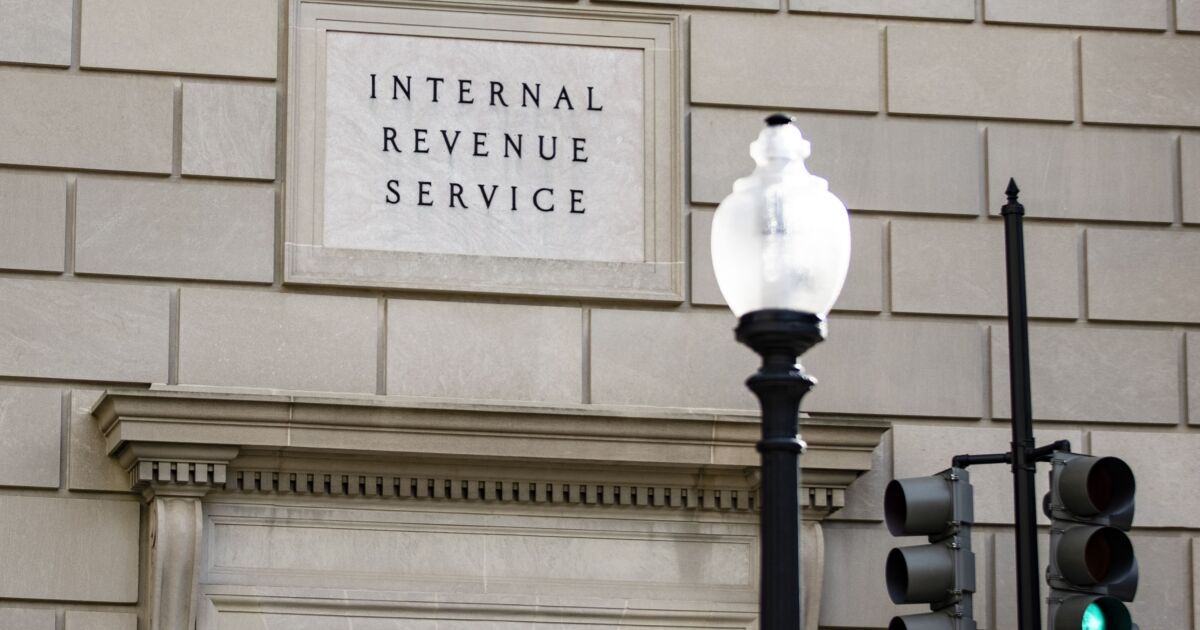The NHS said it was aware of the global outage and of issues with its EMIS system, which many GPs use to manage appointment bookings, conduct patient consultations, and update, store and share patient records – including sending prescriptions to pharmacies.
“Patients should attend appointments unless told otherwise. Only contact your GP if it’s urgent, and otherwise please use 111 online or call 111,” an NHS spokesperson said.
They added that some hospital administrative systems had been affected by the IT issue, but that “in the majority of hospitals, care is continuing as normal”. There was no known impact on emergency services, they said.
The National Pharmacy Association confirmed the issue was affecting community pharmacies, “including the accessing of prescriptions from GPs and medicine deliveries”.
Professor Kamila Hawthorne, chair of the Royal College of GPs, said the outage was of “serious concern” and asked people to be patient as clinics worked to keep services going.
Northern Ireland’s devolved government said around two thirds GP surgeries had been affected and would only be taking emergency appointments until the issue was resolved.
Dr Jess Harvey, a GP in Much Wenlock, Shropshire, told the BBC that her surgery had been able to access a “really primitive version” of EMIS, but could not access blood test results and had cancelled some routine appointments.
She said that doctors were still able to issue prescriptions “the old fashioned way” with handwritten notes.
“We’re working really hard as a team to try and get through it,” Dr Harvey added. “I’m sure that’s the same in GP practices across the country.”
Neha, from Ashford in Kent, was among patients affected. She told the BBC that the blood test she had booked a month ago had been cancelled this morning.
She was told by her GP surgery that they could not access some of their computer systems and would get back in touch to rebook the blood test.
“I was waiting for this test and now I have to wait again,” Neha said.
Credit: Source link










